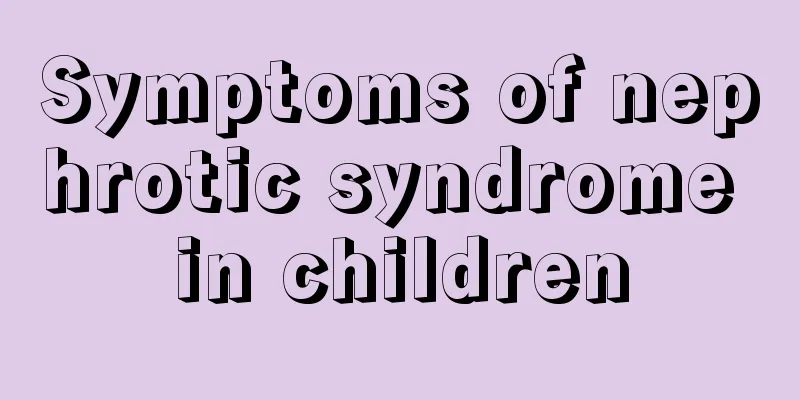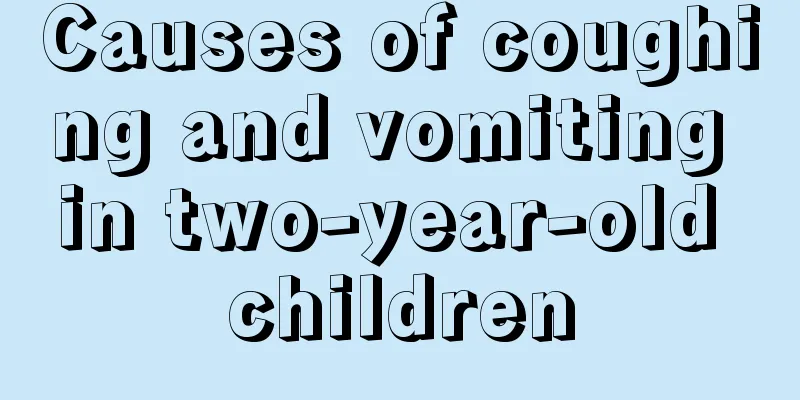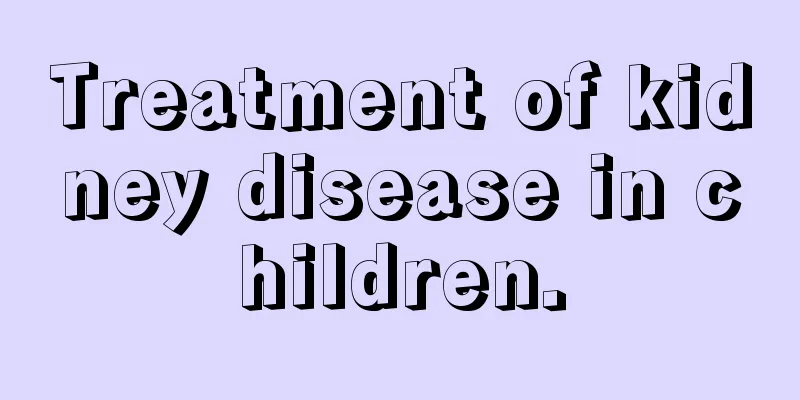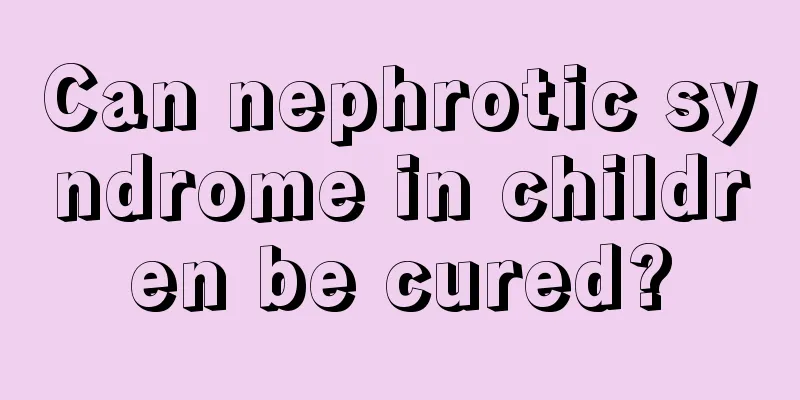Symptoms of nephrotic syndrome in children

|
There are many common diseases among children. We cannot choose treatment methods arbitrarily when treating children's diseases. Many parents choose the wrong treatment methods when treating their children's diseases, which has a great impact on the children's bodies. Moreover, choosing the wrong treatment method will also aggravate the condition. So what is nephrotic syndrome in children? After this type of disease occurs, the child's body will also have obvious symptoms. Symptoms of nephrotic syndrome in children: 1. Hyperlipidemia Children with nephrotic syndrome have abnormal lipid metabolism, which causes an increase in almost all lipoprotein components in the patient's plasma. Plasma total cholesterol and low-density lipoprotein cholesterol increase significantly, and triglycerides and very low-density lipoprotein cholesterol also increase. 2. The appearance of massive proteinuria is one of the reliable indicators for diagnosing nephrotic syndrome in children. 3. Severe edema. Different types of children with nephrotic syndrome, including children with nephritis and primary children with nephrotic syndrome, etc. Almost all children with nephrotic syndrome may have varying degrees of edema clinically, with pitting edema all over the body. Edema is an early clinical manifestation of children with nephrotic syndrome, which often attracts the attention of parents and clinical workers and leads to medical treatment. The age of onset is mostly children over 7 years old, and the edema is generally not serious. Renal function is generally normal. When there is obvious oliguria during the edema period, temporary mild azotemia may occur. 4. Hypoproteinemia: Children with nephrotic syndrome lose a large amount of albumin in their bodies, and their serum albumin levels remain below 30g/L, so hypoproteinemia is very likely to occur. 5. The blood pressure of children with nephrotic syndrome may increase to varying degrees, and paroxysmal or persistent hypertension and hematuria often occur. By understanding the symptoms of nephrotic syndrome in children, we should choose the treatment that is suitable for the patient, which will be of great help in stabilizing the patient's disease. At the same time, during the treatment of nephrotic syndrome in children, we should also pay attention to the child's diet. No irritating foods should be chosen, otherwise it will not help improve the condition. |
<<: What to do if your baby has tics?
>>: What to do if your child has chapped lips
Recommend
What to do if a one-month-old baby has jaundice
We all know that jaundice is a phenomenon with a ...
What to do if your child has whooping cough
Whooping cough, as the name suggests, refers to a...
What are the nursing measures for neonatal diarrhea?
Newborns have very poor resistance, so special at...
Are the white spots on my baby’s back vitiligo?
Vitiligo is a skin disease. Currently, it is very...
Is it normal for an eight-month-old baby to sweat?
Modern expectant mothers have a very hard life. I...
Reasons why babies cry when they sleep
I believe that most parents are familiar with the...
What to do if a newborn baby is easily startled when sleeping
As we all know, newborns often cry at night, and ...
Baby's head development
As we all know, the baby's head is very small...
What are the benefits of lunch breaks for students?
Many adults will find that they feel very tired w...
What is the normal body temperature range for a 6 month old baby?
Many babies have low immunity, and some bacterial...
What are the symptoms of brain maldevelopment in children?
Children are in the golden age of a person’s deve...
Clinical manifestations of Helicobacter pylori in children
There are many common diseases in children. When ...
What is the reason for baby milk regurgitation
The main source of nutrition for infants is breas...
How to treat autumn diarrhea in children
Many parents will find that as soon as autumn com...
What can children eat to improve their memory?
Memory is very important for everyone, especially...









